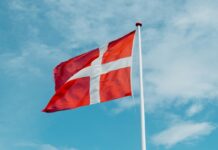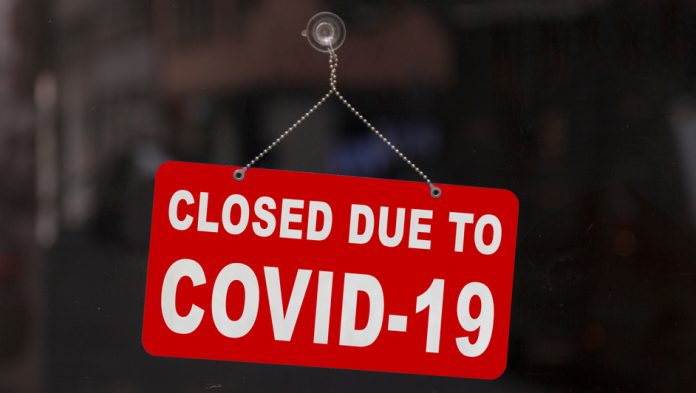Michael Dugher, CEO of the Betting and Gaming Council, has hit back at the decision to close casinos, betting shops and adult gaming centres across Lancashire, pointing out that the closures will result in ‘huge’ economic damage.
Earlier today, Downing Street made the decision to move Lancashire into the ‘very high’ alert tier, which has been met with widespread criticism from local leaders.
The latest measures will affect approximately 200 betting shops and three casinos, employing 1,100 staff, will have to shut indefinitely.
In addition to the closure of casinos and betting shops, the government has also placed pubs, bars and other hospitality venues under a forced lockdown. Yet, restaurants and pubs serving food will be allowed to open, so long as customers remain seated and different households cannot meet up and mix.
Responding to the measures, Dugher stated there was no evidence that bookies and casinos – which have followed all of the anti-Covid public health guidelines introduced since the start of the pandemic – had contributed to the spread of the disease.
He said: “We understand the Government’s need to tackle Covid, but they must balance that with the need to protect jobs. From the beginning of the pandemic, betting shops and casinos have played their full role in the national effort to tackle this virus.
“It is therefore hugely disappointing that as they are starting to get back on their feet again, those venues in Merseyside and Lancashire have had the rug pulled from under them by the Prime Minister.
“And given the inconsistencies between the approaches in Liverpool and Lancashire when it comes to gyms and leisure centres, it gives the impression that ministers don’t care about jobs in betting shops and casinos.”
The new restrictions cover Burnley, Blackburn with Darwen, Blackpool, Chorley, Fylde, Hyndburn, Lancaster, Pendle, Preston, Ribble Valley, Rossendale, South Ribble, West Lancashire, Wyre.
According to the BGC, the casinos concerned contribute £6m a year in tax to the Treasury while the betting shops in the region pay £24m a year in tax, plus £6.6m to horseracing through levy and media rights payments.
At a time of at a time of economic hardship, the BGC emphasised that Treasury could ‘ill afford to miss out on the tax revenue they provide’.
With tier 3 measures expected to be reviewed every four weeks, the county has reportedly secured £42m out of the £58.2m it was seeking as a package of financial support for businesses – an increase, albeit ‘disappointing’ according to local leader – on the £12m offer originally tabled by the government.
The government’s Scientific Advisory Group for Emergencies (SAGE) has previously stated that non-essential retail has had a relatively low impact on the spread of coronavirus. But given that casinos and betting shops have already faced months of closure, these new measures will arguably have large economic ramifications for the industry.
Dugher continued: “The simple fact is that there is no evidence that closing betting shops and casinos will slow the spread of Covid-19 and any impact from their closure will be negligible. They have followed the public health guidance to the letter, and in many cases have gone above and beyond what is required of them.
“It means that 3,400 hardworking employees in Merseyside and Lancashire will have to stay at home instead of generating the tax revenue that the Treasury so desperately needs. And horse racing, which receives millions of pounds every year from betting shops, will also see its revenue fall further at a time when it is already suffering because of the ban on spectators.
“It is therefore time for the Government to rethink the path it is now on. We hope that, having made this decision, ministers will come up with the necessary financial package to ensure these betting shops and casinos have a long-term future.
“But the best course of action remains allowing them to safely keep their doors open and do their bit to help the UK’s economic recovery.”
Discussions between Greater Manchester and the government are still ongoing after councillors and MPs from across the county urged the government to provide additional financial support for those businesses forced to close and the workers on furlough.
The BGC and industry leadership has backed calls by the leisure and hospitality industry that the UK government must adopt a package of financial measures to help businesses through the Autumn and Winter seasons.
Downing Street has remained firm on its decision to offer a 67 per cent furlough pay for those unable to work due to the new restrictions, which MPs and councillors across the north have emphasised will decimate the hospitality and leisure industries.
If such measures do come into force in Greater Manchester, it is expected to affect approximately 400 betting shops – which contribute £54m to the Exchequer in tax and £12.5m to racing in the form of levy and media rights payments – marking a significant blow to the industry looking to recover from the effects of the first lockdown.













